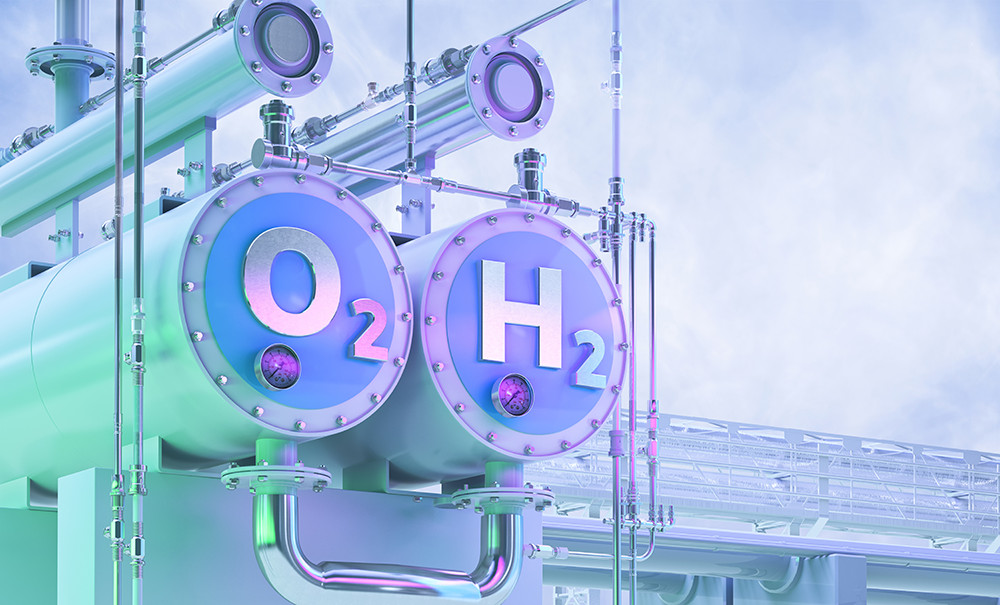NEWS & INSIGHTS | Opinion
A pioneering pursuit: The quest for gold hydrogen

Gold hydrogen has made the news lately after an unpublished report from the US Geological Survey (USGS) announced there could be as much as 5 trillion tonnes of natural hydrogen underground. Whilst gold hydrogen is unlikely to cause the same excitement as the major gold rushes that occurred in the United States, Australia, Canada, and South Africa in the 19th century, there is still a captivating opportunity that could turn the fortune of sustainable energy.
Gold hydrogen is the term used for naturally occurring hydrogen – a gas that is trapped underground which can be extracted through drilling into specific geological structures. In fact, it is likely to employ many of the same techniques and technologies currently used in petroleum, mineral, and geothermal resource exploration. Gold hydrogen is considered a potential source of clean energy, as no carbon emissions are produced when burned, however it is not without its challenges.
One of the challenges surrounding gold hydrogen includes accurately locating the hydrogen. As hydrogen is a colourless, odourless gas, that is lighter than air it is difficult to find. There are also challenges to be overcome surrounding developing and deploying efficient and safe drilling methods and equipment to extract the gas and ensure that no leaks occur.
Gold hydrogen won’t be the emission free answer to all the net zero questions as its extraction will result in some carbon emissions associated with the drilling equipment and transport operations, and there are uncertainties surrounding long -term effects. Despite these challenges however, gold hydrogen may be cheaper and easier to produce, as it does not require expensive and complex electrolysers or large amounts of renewable electricity.
Looking at what’s coming over the horizon, gold hydrogen is an emerging and promising technology that could provide plentiful clean energy for various applications. However, it is still in its early stages and requires more research and development to address the technical, environmental, and economic challenges it faces.
Subscribe for the latest updates




